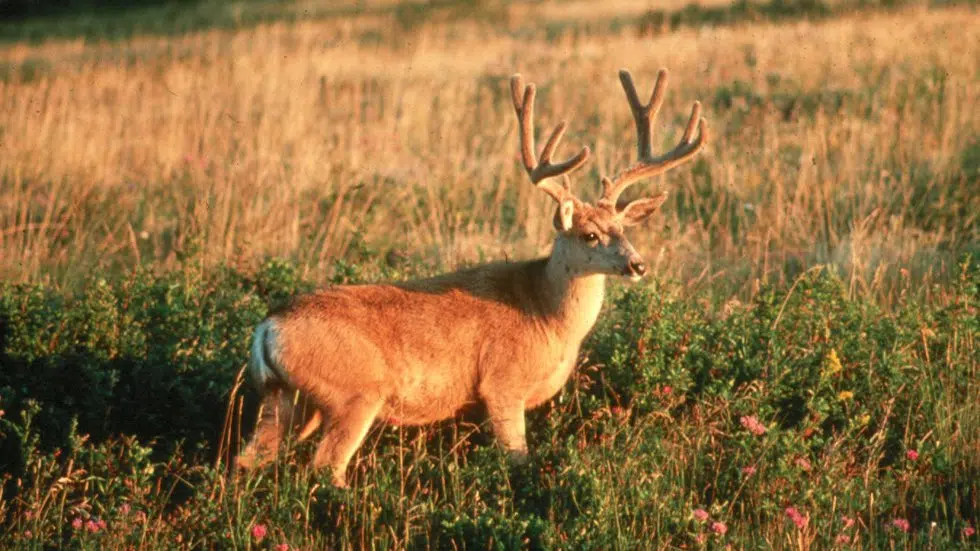
Conservation officers rely on your help to stop illegal hunting
Everyone has a part to play in sustaining the environment, according to one conservation officer.
Rich Hildebrand said with the amount of space Saskatchewan’s roughly 140 conservation officers have to cover, it’s important for the public to step up and report any possibly illegal activity they witness.
Hildebrand said the Turn in Poachers, or TIP, line gets about 1,000 calls per year some of which lead to charges.
“We depend on the public throughout the province to help our officers out and the TIP line, it’s just one means of the public being able to contact our officers and report things,” he said.


